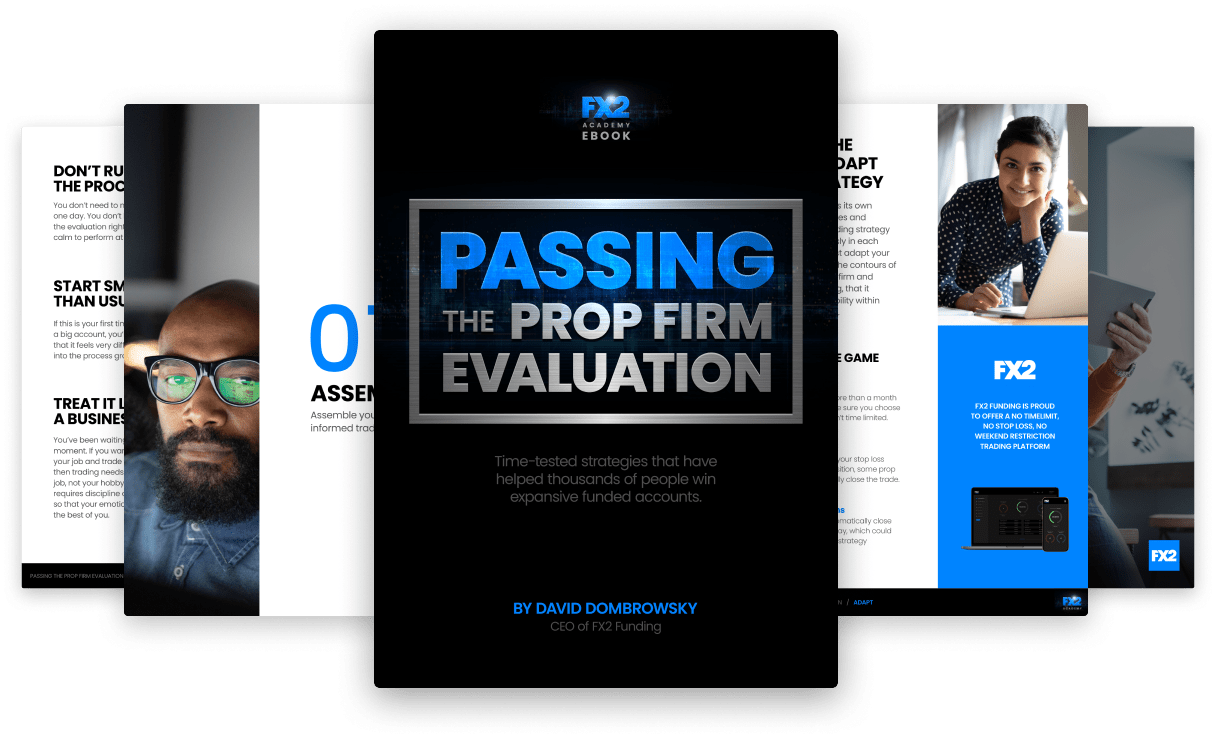Futures contracts are financial derivatives that obligate the buyer to purchase, and the seller to sell, an asset at a predetermined future date and price. These contracts are commonly used in various financial markets for hedging and speculative purposes. While futures trading offers significant opportunities, it also comes with inherent risks that traders must navigate carefully.
Exploring Futures Contracts
Futures contracts are standardized agreements traded on futures exchanges. They cover a wide range of assets, including commodities like oil and gold, financial instruments like currencies and indices, and agricultural products like wheat and corn. Each contract specifies the quality and quantity of the underlying asset, the delivery date, and the price at which the asset will be exchanged. Futures traders seek different contracts that align with their trading strategy.
Key Features of Futures Contracts
- Standardization. Futures contracts are standardized in terms of the quantity and quality of the underlying asset. This standardization facilitates easy trading on futures exchanges.
- Leverage. Futures contracts often involve leverage, allowing traders to control large positions with a relatively small amount of capital.
- Margin Requirements. To trade futures, traders must deposit a margin, which is a fraction of the total contract value. This margin acts as collateral to cover potential losses.
- Settlement. Futures contracts can be settled in two ways: physical delivery of the underlying asset or cash settlement, where the difference between the contract price and the market price is paid in cash.
- Expiration Date. Each futures contract has a specific expiration date by which the contract must be settled.
Uses of Futures Contracts
Traders use futures contracts for several purposes:
- Hedging. Producers and consumers of commodities use futures to hedge against price fluctuations. For instance, a wheat farmer might sell wheat futures to lock in a price and protect against a potential decline in wheat prices.
- Speculation. Traders speculate on the future direction of prices to profit from market movements. This involves buying futures contracts if they anticipate price increases, or selling if they expect prices to fall.
- Arbitrage. Traders take advantage of price discrepancies between futures and the underlying asset in different markets, buying in one market and selling in another to lock in risk-free profits.
Risks Associated with Futures Contracts
Despite the opportunities they offer, futures contracts carry several risks that traders must manage to avoid significant losses.
Market Volatility
Futures markets are highly sensitive to market volatility, which can lead to rapid and unpredictable price movements. Volatility can be caused by various factors, including economic data releases, geopolitical events, and market sentiment. Traders must be aware of these factors and employ strategies to manage volatility risk.
For a deeper understanding of market volatility and its impacts, you can explore the article on Volatility Trading: Identifying Market Risks.
Leverage and Margin Calls
Futures trading often involves leverage, allowing traders to control large positions with a relatively small amount of capital. While leverage can amplify profits, it also increases the potential for significant losses. If the market moves against a leveraged position, traders may face margin calls, requiring them to deposit additional funds to maintain their positions.
To learn more about the risks and rewards of leverage trading, you can explore the Risks and Rewards of Leverage Trading.
Counterparty Risk
Counterparty risk refers to the possibility that the other party in a futures contract may default on their obligations. Although futures exchanges mitigate this risk through margin requirements and clearinghouses, it is not entirely eliminated. Traders should be aware of the financial stability of their counterparties and the measures in place to manage counterparty risk.
Opportunities in Futures Trading
Futures trading presents several opportunities for traders looking to capitalize on market movements and manage their portfolios effectively.
Speculation in Futures Trading
Speculation is one of the primary opportunities in futures trading. Speculators aim to profit from price changes in the underlying assets without intending to take actual delivery. This involves analyzing market trends, economic indicators, and other factors that influence prices. Successful speculators can achieve substantial profits by accurately predicting market movements and timing their trades effectively.
Key Strategies for Speculators:
- Trend Following. Identifying and following market trends can help speculators profit from sustained price movements. This involves using technical analysis tools such as moving averages and trend lines to determine the direction of the market.
- Breakout Trading. This strategy focuses on entering trades when prices break through established support or resistance levels. Breakout trading can capture significant price movements that occur when markets move out of consolidation phases.
- Contrarian Trading. Contrarian traders take positions against prevailing market trends, aiming to profit from price reversals. This strategy requires careful analysis to identify overbought or oversold conditions.
Strategic Hedging in Futures Contracts
Hedging is a risk management strategy used to protect against adverse price movements. Producers and consumers of commodities, as well as financial institutions, use futures contracts to lock in prices and stabilize cash flows. For example, an airline company might buy fuel futures to secure a stable fuel price and protect against rising oil prices. Hedging allows market participants to manage risk and plan for the future with greater certainty.
Hedging Techniques:
- Long Hedge. Used by companies that need to purchase a commodity in the future. By buying futures contracts, they lock in a purchase price and protect against rising prices.
- Short Hedge. Used by producers who need to sell a commodity in the future. By selling futures contracts, they lock in a selling price and protect against falling prices.
- Cross Hedging. Involves hedging a position in one asset with futures contracts in a related asset. This technique is used when there is no futures market for the specific asset being hedged.
Portfolio Diversification
Futures contracts offer opportunities for portfolio diversification. By including a mix of assets such as commodities, currencies, and indices in a portfolio, traders can reduce overall risk and enhance returns. Diversification helps mitigate the impact of adverse price movements in any single asset class. For instance, if the stock market declines, gains in commodity futures might offset the losses, leading to a more balanced and resilient portfolio.
Benefits of Diversification with Futures:
- Reduced Correlation. Including assets with low or negative correlation to traditional investments can reduce portfolio volatility.
- Enhanced Returns. Access to a broader range of investment opportunities can improve overall portfolio performance.
- Risk Mitigation. Diversifying across various asset classes can protect against sector-specific or market-specific downturns.
The Bottom Line
Futures trading provides significant opportunities for profit and risk management but comes with inherent risks that traders must carefully navigate. By understanding market volatility, leverage, margin calls, and counterparty risk, traders can develop effective strategies to manage these risks and capitalize on market opportunities.
Interested in exploring funded trading opportunities? Check out our funded accounts programs and start your journey towards financial success.








